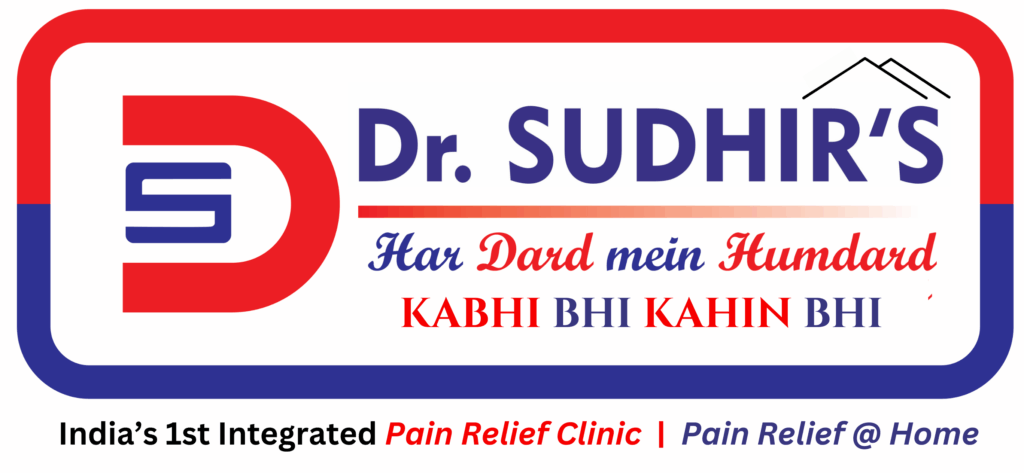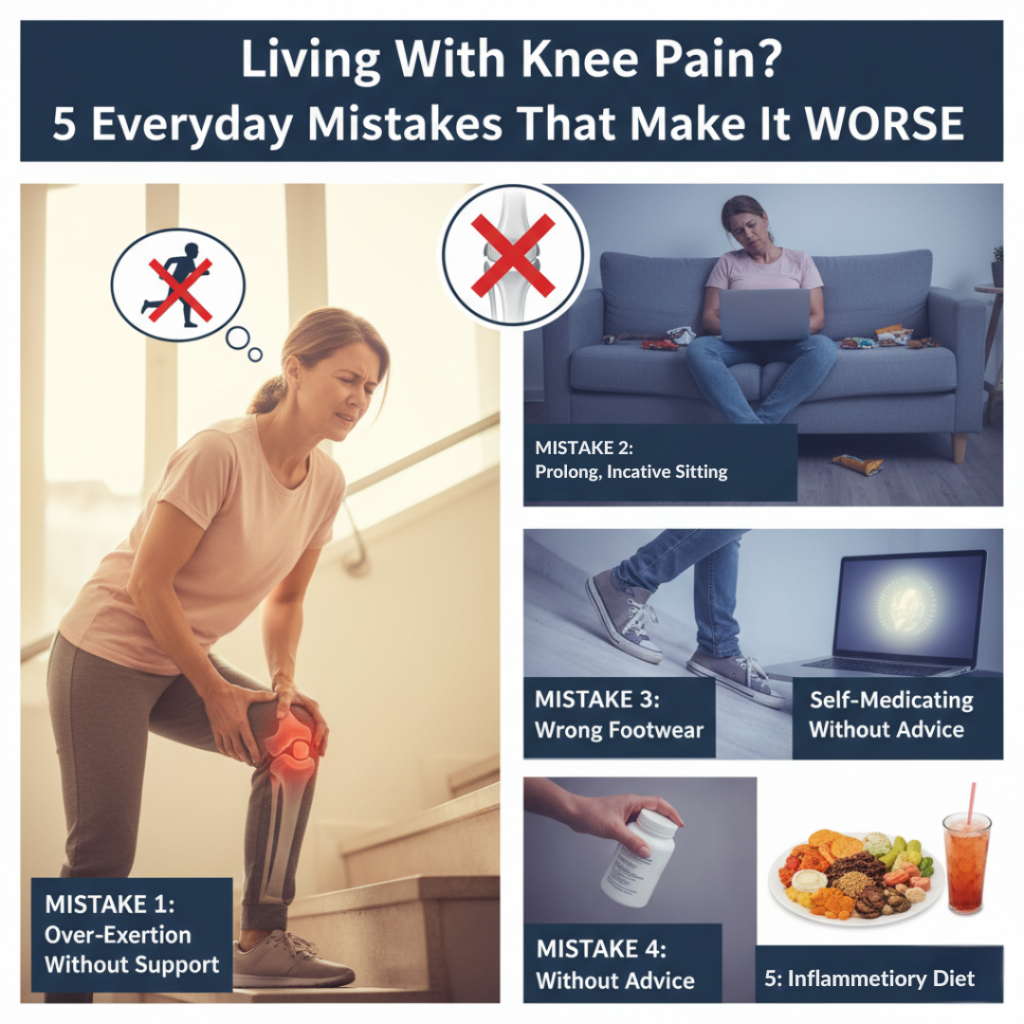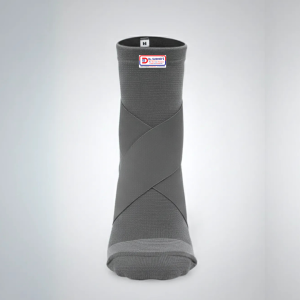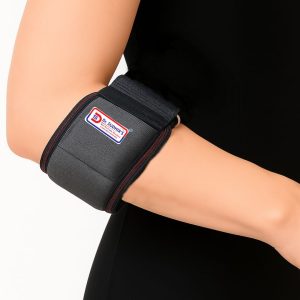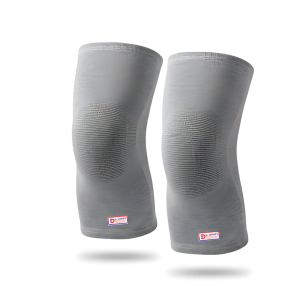Knee pain is one of the most common health concerns across all age groups. Whether caused by arthritis, sports injuries, or lifestyle habits, it can limit mobility and impact quality of life. Many people rely on temporary relief methods, but the discomfort often returns. The reason is simple — certain everyday mistakes unknowingly worsen knee pain and slow down recovery.
In this article, we will discuss the most common mistakes people make when living with knee pain, practical tips to improve knee health, and how supportive products like an ankle binder can help you manage pain more effectively.
Understanding Knee Pain
The knee is a complex joint that supports body weight during walking, climbing, sitting, and almost every movement. Even a small imbalance or repeated strain can lead to persistent pain. Ignoring the early signs or adopting unhealthy habits often transforms a minor issue into a long-term condition.
5 Everyday Mistakes That Make Knee Pain Worse
1. Poor Posture and Sitting Habits
Sitting cross-legged for long hours, slouching at a desk, or standing with uneven weight distribution can put unnecessary strain on your knees. Over time, this weakens joint stability and increases stiffness.
Correction Tip: Maintain an upright posture, use ergonomic chairs, and avoid positions that twist or lock your knees.
2. Avoiding Physical Activity
Many people believe that rest is the best solution for knee pain. While rest is important during flare-ups, completely avoiding exercise leads to muscle weakness around the knee. Weak muscles reduce support to the joint, making it more vulnerable to pain.
Correction Tip: Include low-impact activities such as swimming, cycling, or guided stretching to strengthen muscles without overloading the knee joint.
3. Wearing Unsupportive Footwear
Worn-out shoes, high heels, or flat slippers do not provide adequate arch support. This shifts the pressure directly to the knees, worsening pain over time.
Correction Tip: Invest in shoes with proper cushioning and arch support. Footwear designed for stability can significantly reduce pressure on the knees.
4. Overexertion and Sudden Strain
Climbing multiple flights of stairs, lifting heavy loads, or standing for prolonged periods can aggravate existing pain. Repeated overuse without proper support accelerates joint wear and tear.
Correction Tip: Break up long physical activities into shorter sessions. Use support when climbing stairs or carrying heavy items.
5. Ignoring Early Warning Signs
Minor knee discomfort is often neglected until it becomes chronic. Patients who delay medical attention may face advanced arthritis, ligament damage, or mobility restrictions later.
Correction Tip: Do not ignore recurring knee pain. Seek medical advice early to prevent complications and explore treatment options.
Professional Tips to Relieve Knee Pain
-
Maintain a Healthy Weight – Every extra kilogram of body weight increases pressure on the knees.
-
Follow a Balanced Diet – Nutrients like calcium, vitamin D, and omega-3 fatty acids support bone and joint health.
-
Practice Gentle Stretches – Stretching improves flexibility and reduces stiffness.
-
Use Heat and Cold Therapy – Heat relaxes muscles, while cold packs reduce swelling after exertion.
-
Work on Core and Leg Strength – Stronger muscles around the knee provide better stability and reduce pain during daily activities.
Supportive Solutions: How an Ankle Binder Helps
In addition to lifestyle changes, external support can play an important role in pain management. An ankle binder provides gentle compression and stability, reducing unnecessary strain on the lower joints. By supporting the ankle and surrounding structures, it indirectly reduces stress on the knees, making walking, exercising, and daily movements safer and less painful.
For patients dealing with knee or ankle discomfort, using an ankle binder during physical activity can help prevent further injury and improve confidence in movement.
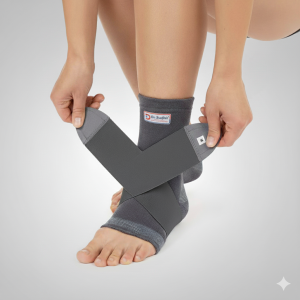
Conclusion
Living with knee pain can be frustrating, but most patients make it worse through avoidable daily habits. Poor posture, lack of exercise, unsuitable footwear, overexertion, and ignoring early symptoms all contribute to long-term joint problems. By correcting these mistakes, adopting a healthier lifestyle, and using supportive aids like an ankle binder, you can significantly reduce discomfort and improve mobility.
If knee pain persists despite self-care, it is always advisable to consult a pain specialist for a proper diagnosis and treatment plan. Early intervention not only relieves pain but also prevents future complications.
Call our specialists at +91 91636 95790.


